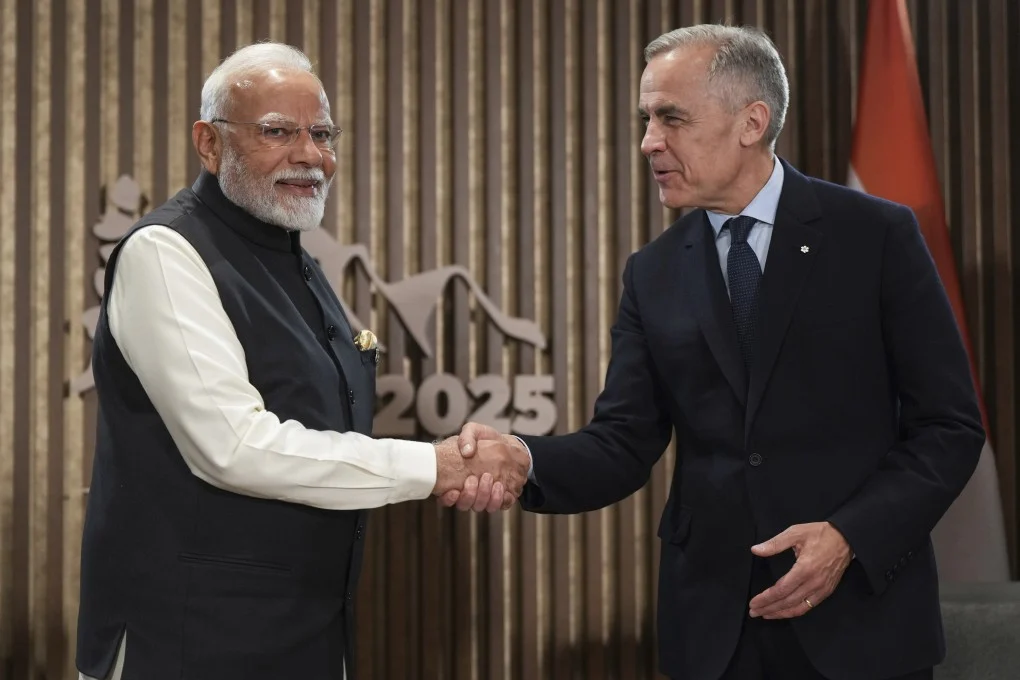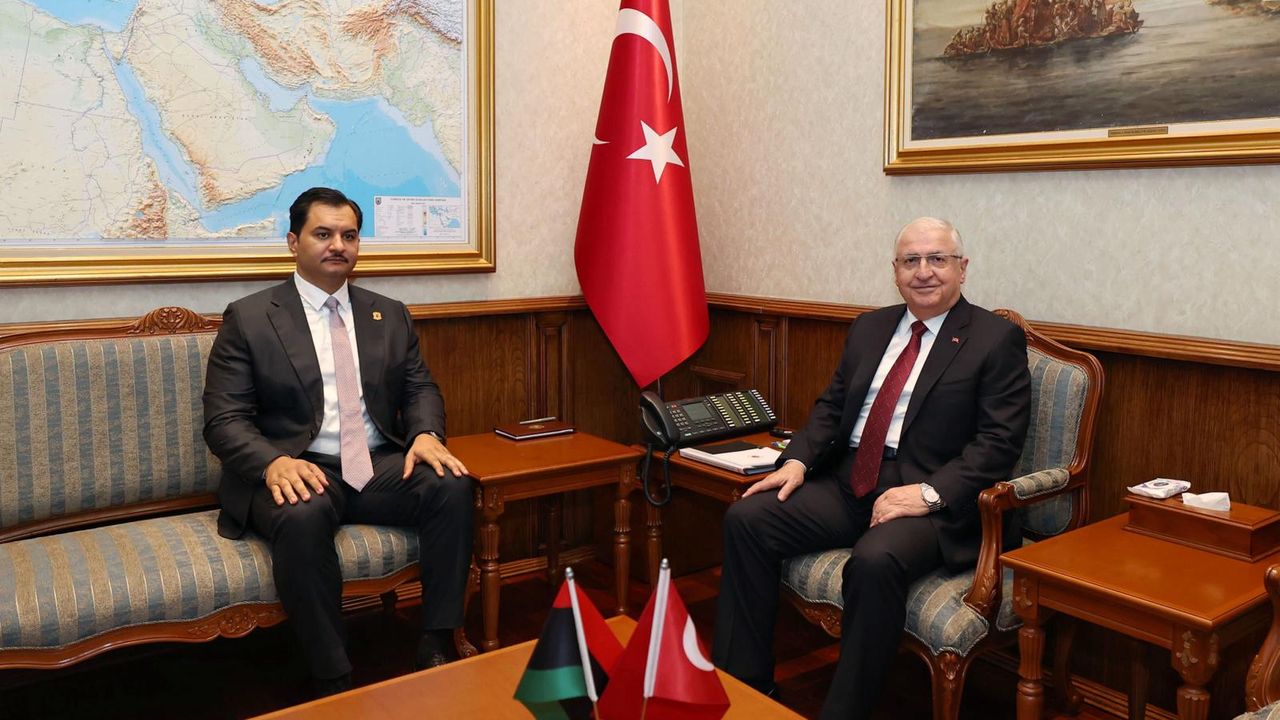India and Canada announce diplomatic thaw as tensions linger

After a two-year-long diplomatic freeze, relations between India and Canada are reportedly on the mend; however, concerns still loom over India’s increasing transnational repression.
Prime Ministers Narendra Modi and Mark Carney agreed on June 17 to restore relations with “calibrated steps” according to The New Arab plus agencies. The meeting, held on the sidelines of the G7 summit in the foothills of the Canadian Rockies, marks Modi’s first visit to the country in ten years.
Relations were strained after Canada’s then-Prime Minister Justin Trudeau implicated the Indian authorities in the murder of a Canadian Sikh separatist, Hardeep Singh Nijjar, in 2023. Nijjar was a prominent member of the Khalistan movement, banned in India, to realize an independent Sikh homeland.
By New Delhi’s standards, Nijjar had been declared a terrorist since 2020, but it vehemently denied Ottawa’s assassination claims and accused the Trudeau administration of harboring extremists.
Ties quickly deteriorated after that; India expelled Canadian diplomats and withdrew its officials from Canada in October of that year. Ottawa retaliated in kind, dismissing Indian diplomats and accusing the Indian government of attacking Canadian citizens.
Now, under the Premiership of Mark Carney, the two have announced a diplomatic reset. India’s Foreign Secretary Vikram Misri said: “The Prime Ministers agreed to take calibrated steps to restore stability to this very important relationship.”
The first of these steps includes restoring High Commissioners to each other’s capitals “at an early date.” Misri added that “senior and working level mechanisms in a host of areas related to trade, people-to-people contact, and connectivity” had also been resumed.
Also emphasized were the stalled negotiations on the Early Progress Trade Agreement (EPTA), which are supposed to pave the way for a Comprehensive Economic Partnership Agreement (CEPA).
Both parties “agreed to task their respective officials to engage further in this regard,” Mr. Misri affirmed.
Crucially, both skirted around direct discussions regarding Nijjar. Carney did dredge up the problem of “transnational repression” both ahead of the talks with Modi and in the readout of the meeting, which said, “Carney raised priorities on the G7 agenda, including transnational crime and repression, security, and the rules-based order.”
But pragmatism took precedence as both touted their commitments to “mutual respect” and a “commitment to the principle of territorial sovereignty.”
“This is less about finger-waving as we saw before with Trudeau,” said Canada West Foundation’s Carlo Dade. “Canada can’t afford to do that anymore.”
However, at the same time, the Canadian Intelligence Service just released a report on June 18 claiming “the government of India and the Nijjar murder signals a significant escalation of India’s repression efforts against the Khalistan movement and a clear intent to target individuals in North America.”
While both governments seem eager to “rebuild trust and bring momentum to the relationship,” issues regarding India’s transnational crackdown could continue to impact bilateral ties, especially since around 2% of Canada’s population is Sikh.
Arab Weekly/ Agencies/ Maghrebi
Want to chase the pulse of North Africa?
Subscribe to receive our FREE weekly PDF magazine












